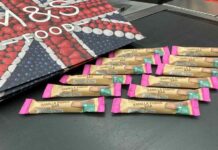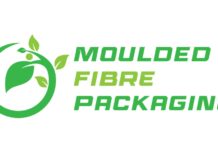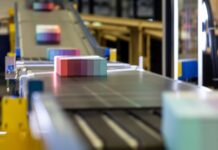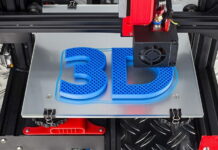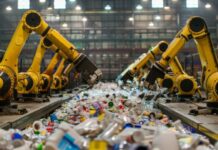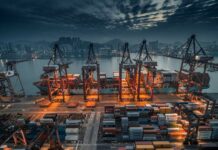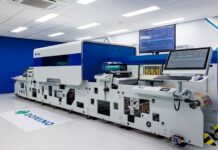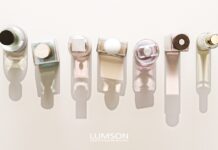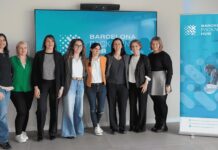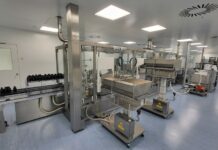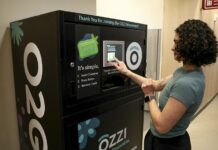McCormick’s new Assorted and Neon food color bottles, launched in North America in July, are made from 100% post-consumer recycled (PCR) plastic. The spice and flavoring brand owner’s sustainability goals aim for 100% of its packaging to be able to be recycled, repurposed, or reused by 2025. By shifting to a bottle made from 100% PCR, McCormick says it’s increasing the circularity of its packaging while reducing associated carbon dioxide (CO2) emissions. Berry Global was tapped as a supplier in this project thanks to its expertise with, and its access to, mechanically recycled polyethylene terephthalate (rPET).
“By collaborating with key suppliers like Berry, we gain access to valuable recycled content. This 100% PCR bottle furthers our journey towards our emission reduction goal through packaging,” says Michael Okoroafor, Chief Sustainability Officer for McCormick.
A life cycle assessment estimates McCormick will realize a reduction of 86.8 metric tons of CO2 emissions with the new PCR bottle in comparison to the same bottle made from virgin material. This amounts to a 59% reduction in CO2 emissions, which is equivalent to greenhouse gas emissions from 18.7 gasoline-powered passenger vehicles driven in a year, the CO2 emissions from 201 barrels of oil consumed, or the carbon sequestered by 103 acres of U.S. forest in one year, according to the EPA’s GHG’s equivalence calculator.
“Deadlines for achieving sustainability goals are fast approaching, and brands want partners who can provide effective, impactful ways to reach those commitments quickly. Berry’s sustainability expertise, coupled with access to recycled content, provides the ability to commercialize sustainable packaging solutions with a lower carbon footprint,” says Robert Flores, Vice President of Sustainability at Berry Global.






